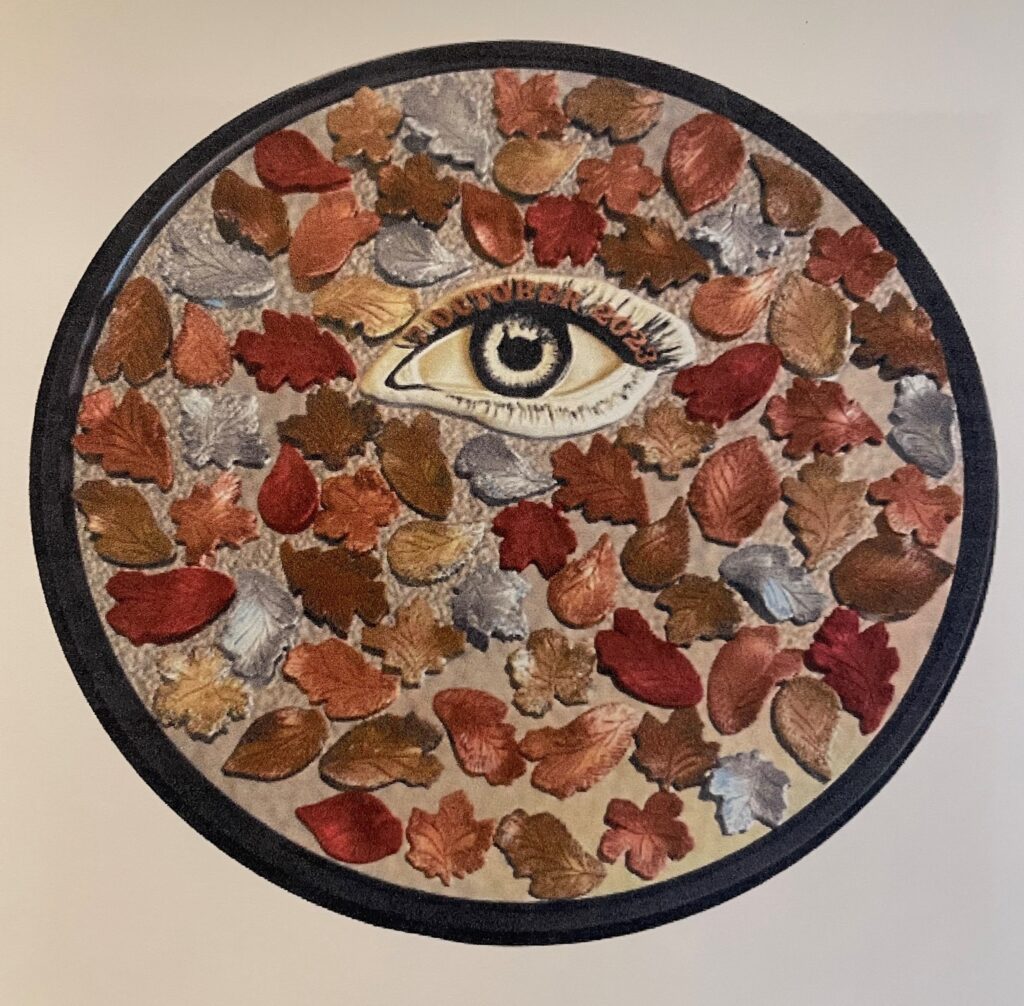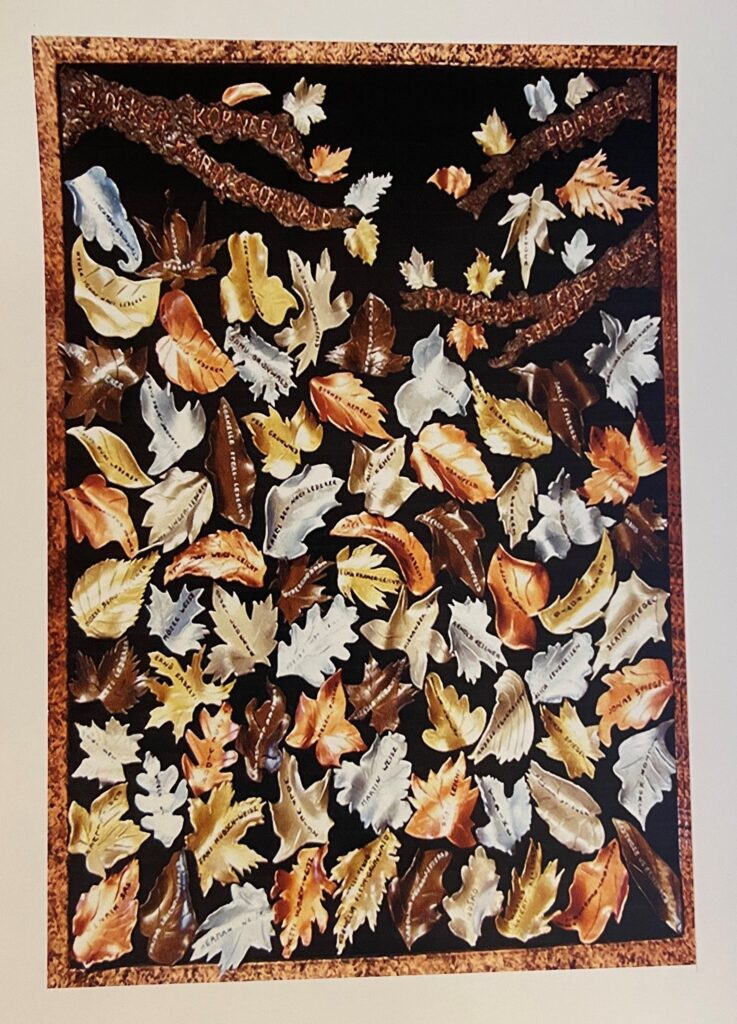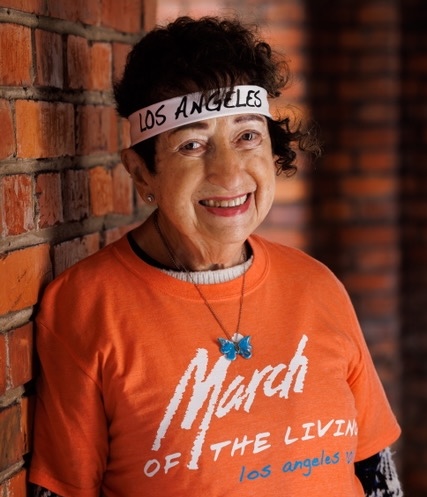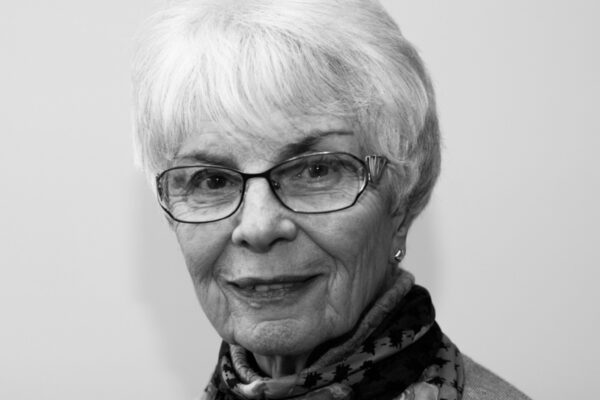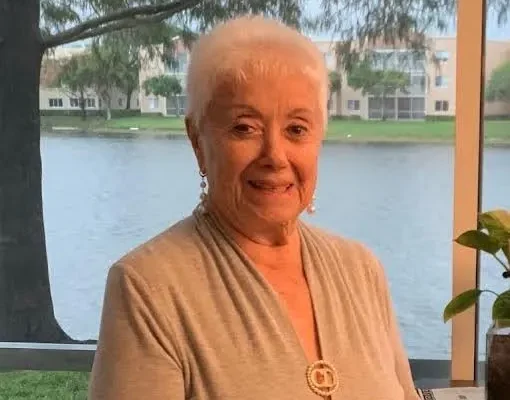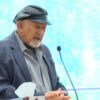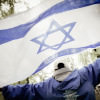Gabriella Karin
Country of Origin: Czechoslovakia
Delegation: BJE Los Angeles, CA, USA
1. What is motivating you to take part in the 2024 March of the Living?
To talk to 17 – 18-year-old teenagers about our history that I was a part of. It motivated me to go to Poland to talk to young students and to tell them how I was affected with Hitler’s regime. They were such unbelievably hard times that for a young person growing up in USA it is almost unbelievable to imagine it. When talking to them, they started to change in front of my eyes into young adults with feelings toward Judaism. This important change affected me also, and I decided that in spite of my age I will continue to spread the word of the atrocities done by Hitler’s regime. We have to educate the young people about the facts that happened during WWII.
2. After the events of October 7, 2023, is there still a reason to have hope? In light of October 7th and the dramatic rise of antisemitism, do you fear for the future of the world?
I feel that we, the Jewish people, are threatened again with growing antisemitism in the world. I believe in visual expression of my feelings and I am expressing it with my sculptures. This time I am expressing it with this sculpture: “7 OCTOBER 2023.” (see artwork below) The leaves are expressing the Jewish people murdered in the Holocaust. The reflection of the mirror multiplies the atrocities, as we had to watch the killing of innocent people again. I never thought that surviving the Holocaust, I will live long enough to [once again] see mass murders against Jewish people, and it happened on our soil in Israel!
3. What does the 80th anniversary of the destruction of Hungarian Jewry mean to you? What kinds of feelings does this somber commemoration evoke in you?
After WWII, horrible things happened in Hungary, so it is to me a big surprise that Hungary is standing with Israel and asks Hamas to release a few Hungarian Jews from captivity and stands with Israel today.
4. What do you want the students to know about your family who perished in the Holocaust?
I am talking to the students about the 75 people in my family that perished. We do not know where their bodies are so we cannot visit their graves and we can only remember them in our prayers.
5. Why do you continue to educate about the Holocaust? What is your most important message or lesson for the students?
I have a message to the world: “It doesn’t matter what color your skin is, or what color your eyes are – we are all the same people. We don’t have to love everybody, but we have to respect every person on the earth. We all have the right to be here.”
